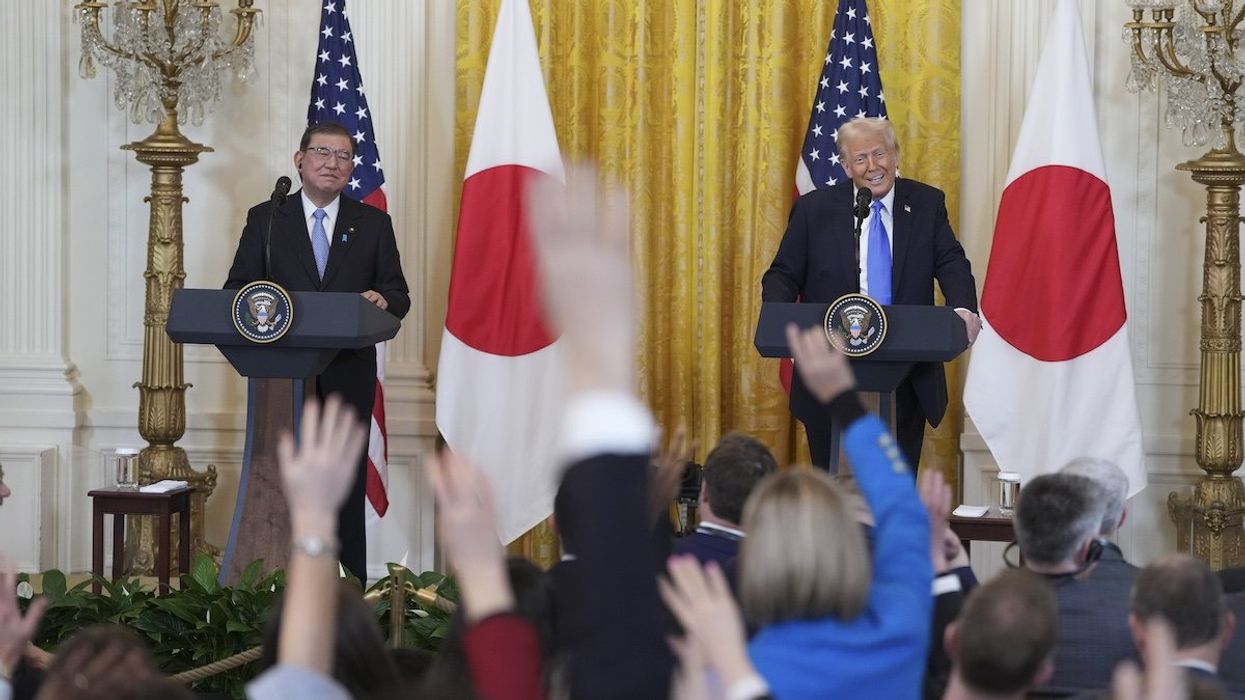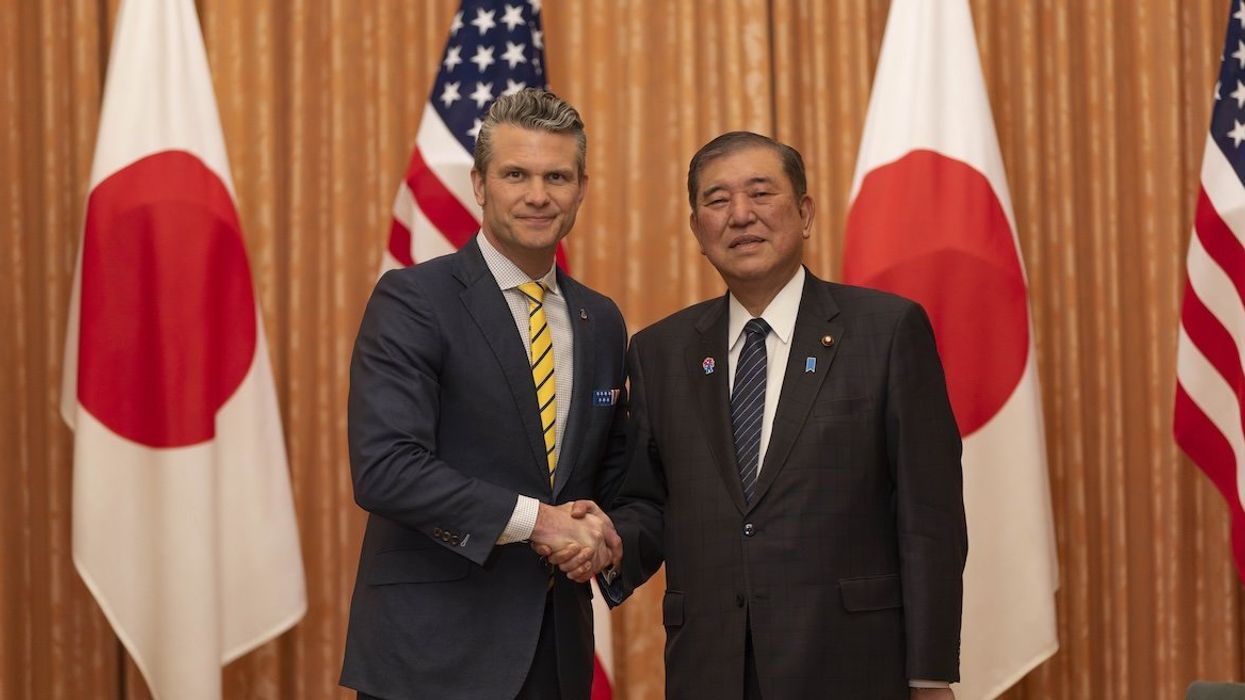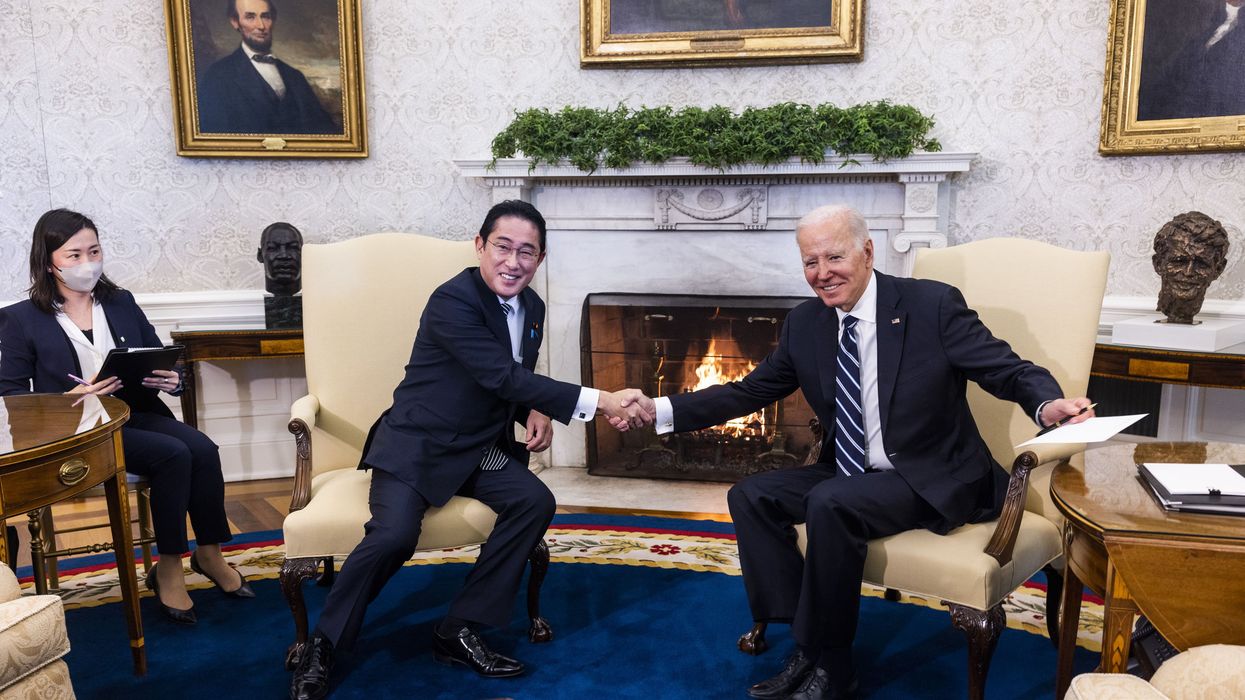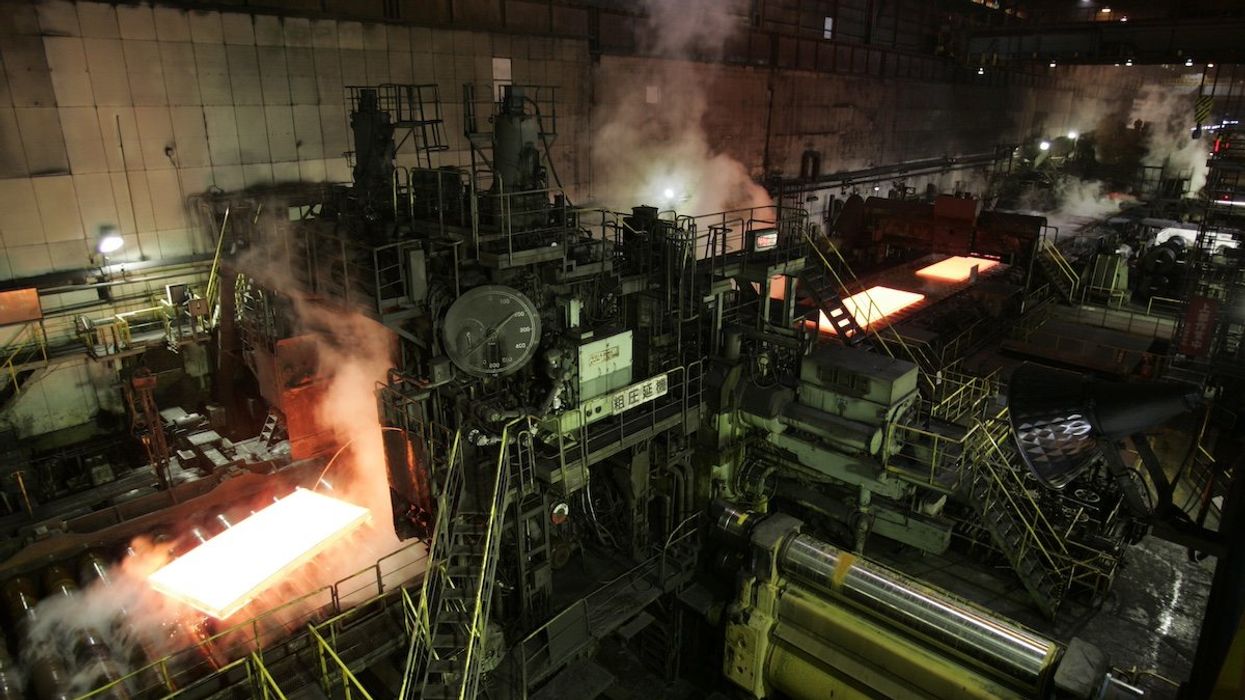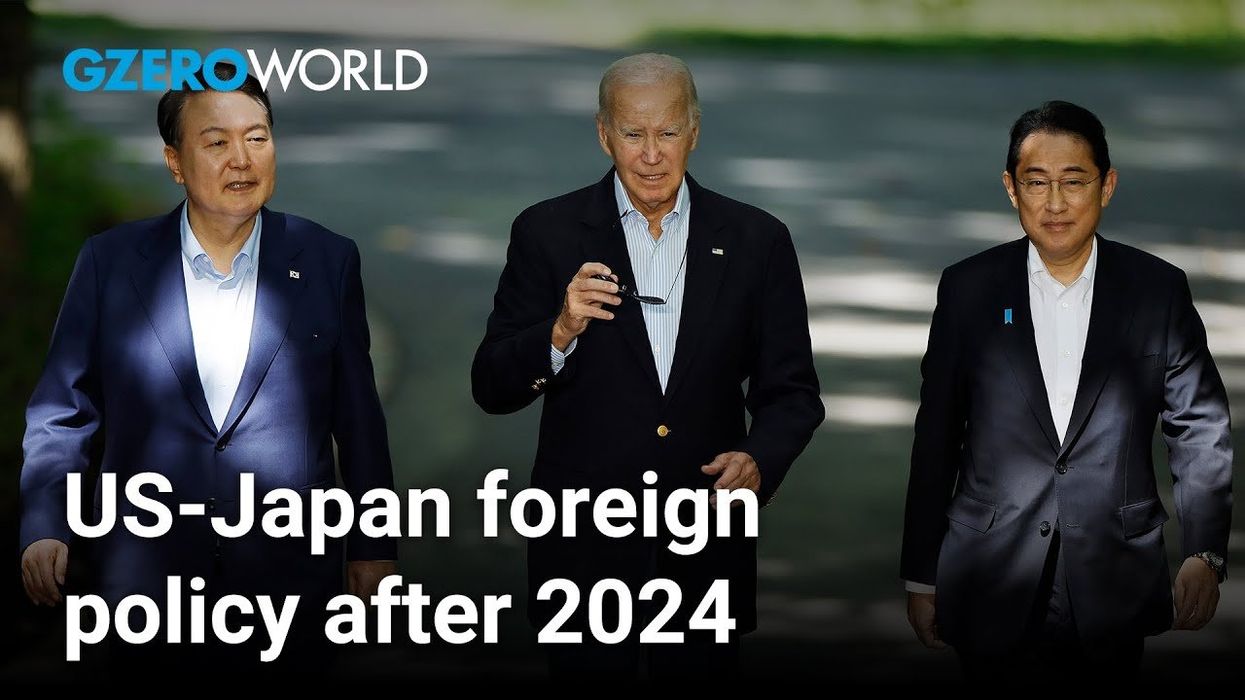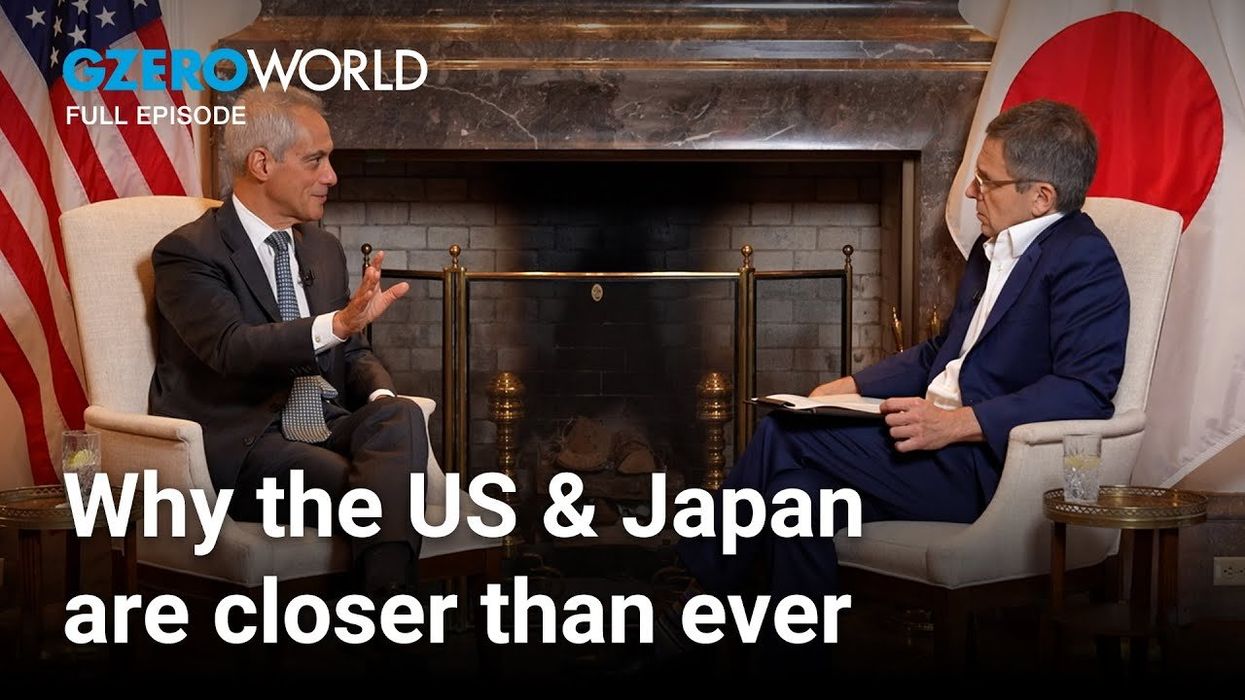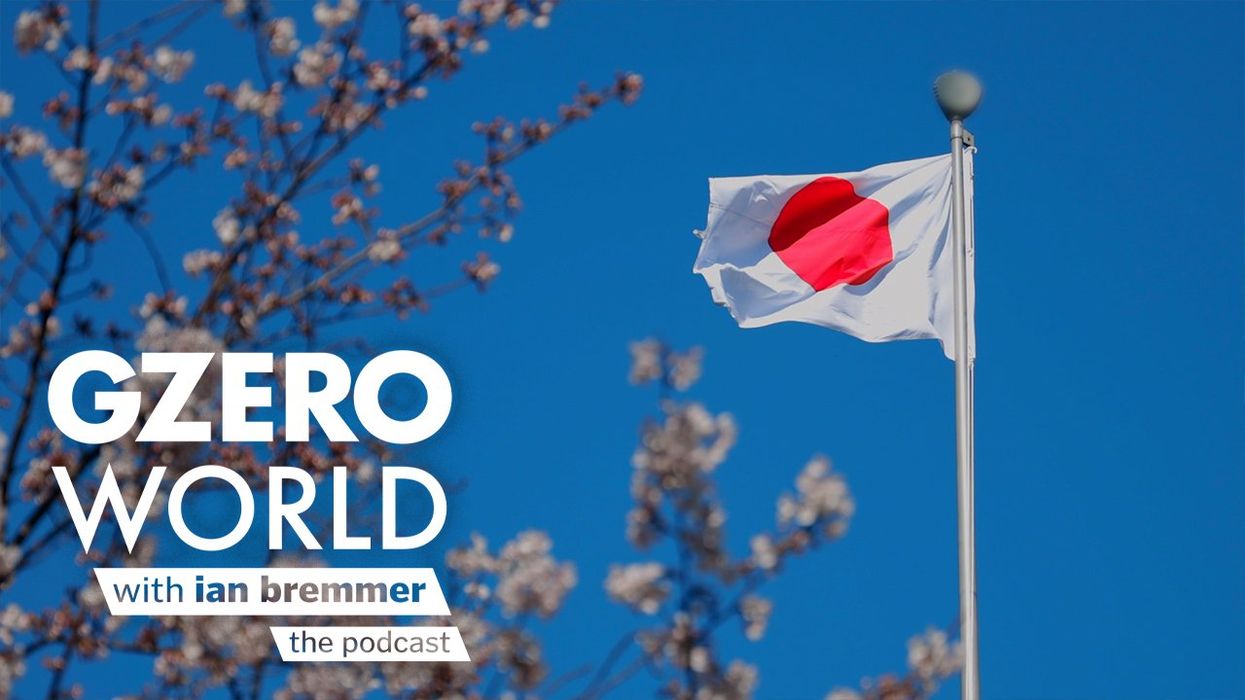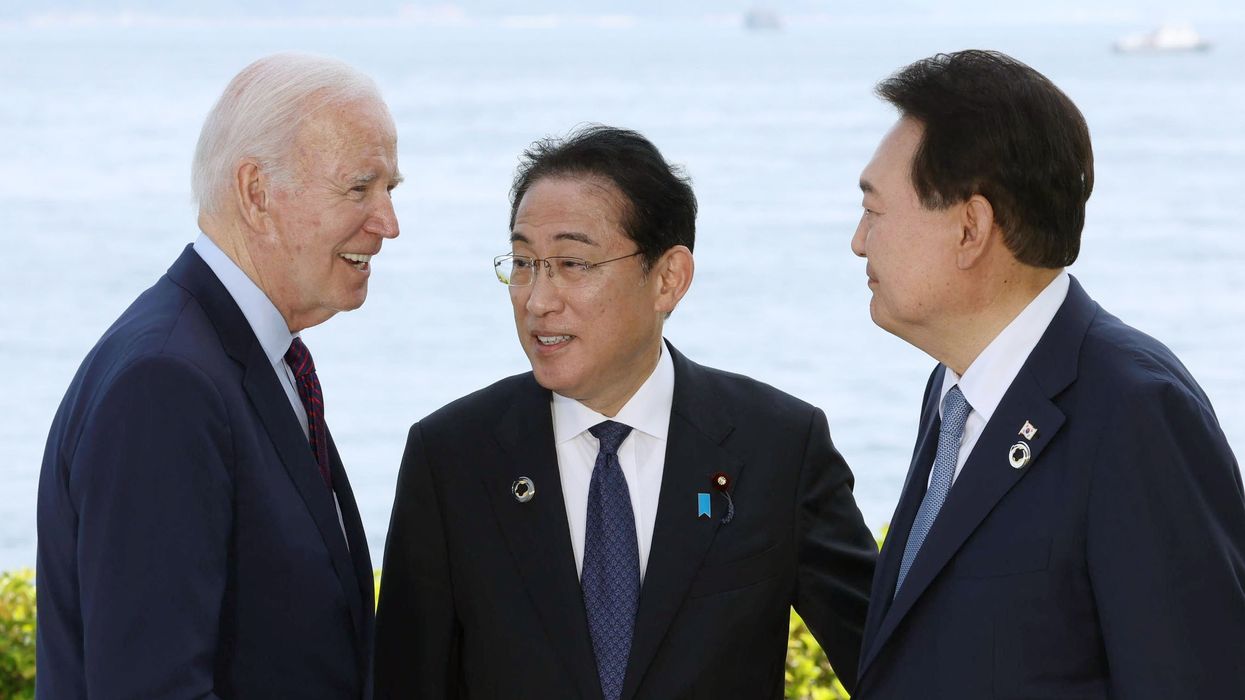Analysis
Enemies to allies: The US and Japan 80 years after Hiroshima
Eighty years ago this week, the US dropped atomic bombs on the Japanese cities of Hiroshima and Nagasaki, killing more than 200,000 people, mostly civilians. It was the first and, so far, only use of nuclear weapons in war.
Aug 05, 2025
